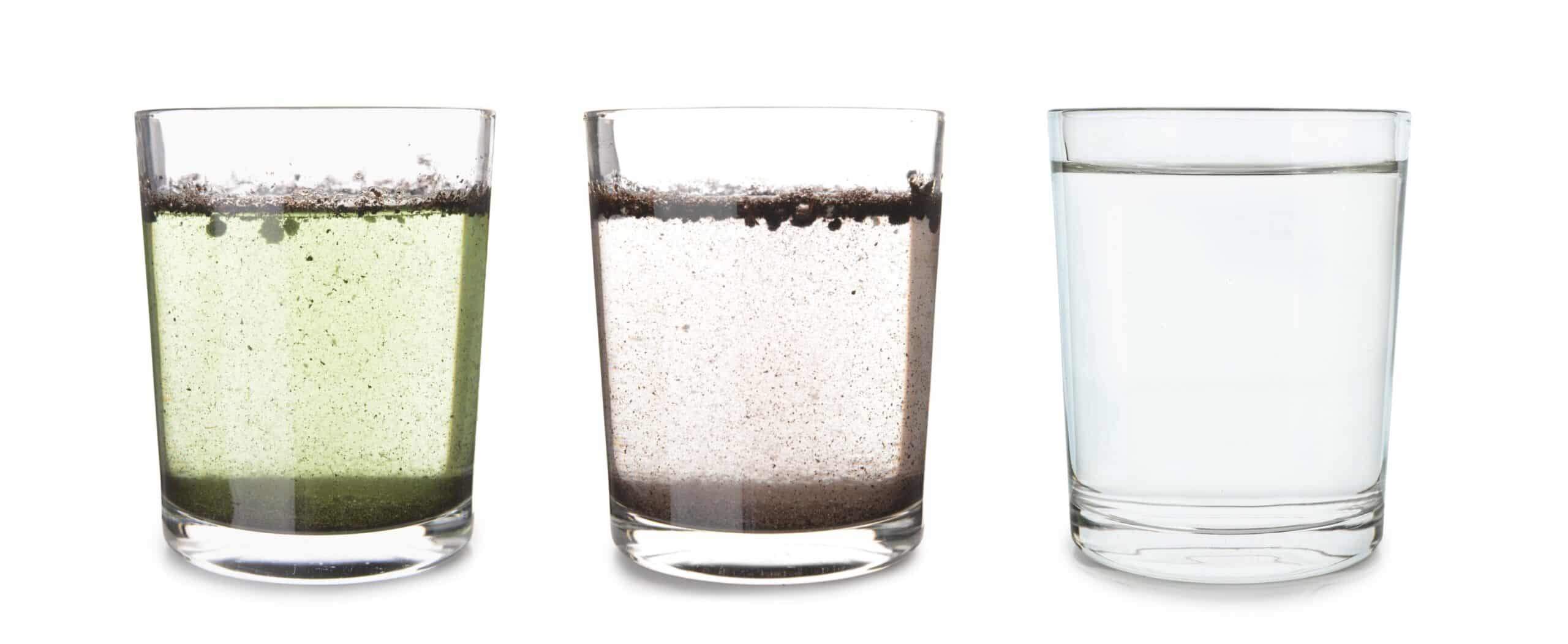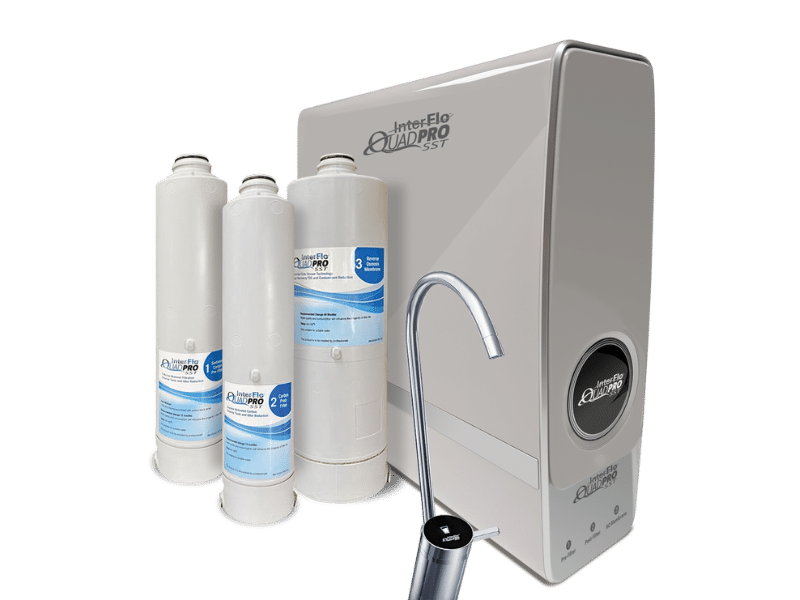Why water smells like rotten eggs
If your tap water smells like rotten eggs, the villain is almost always hydrogen sulfide gas. This colorless gas forms when sulfur-eating bacteria break down minerals and produce hydrogen sulfide inside a well, an aquifer, or even in water heaters. Because deep wells trap more gas than surface water sources, communities that drill deeper are reporting the rotten egg water smell more often. In upstate New York, for instance, the sulfur smell in water supplies occurs frequently around the Finger Lakes but only rarely along Lake Ontario.
Health risk and household damage
At moderate levels of hydrogen sulfide, the odor is mostly annoying, but high levels can trigger diarrhea and dehydration in infants (see this article from the state of Oregon’s website). Long-term exposure to hydrogen sulfide also corrodes pipes, ruins fixtures, and darkens silverware. Left alone for the long term, the stench creeps through the whole house and shortens the life of plumbing and appliances.
First move: test your water
Treating blindly wastes money. Instead, perform a sulfur water test right at the faucet or well head because the gas escapes in minutes. Basic water test strips give a quick reading, but a water test field kit like Hach’s Model HS-C test kit is more precise. If the results top its 5 ppm limit, dilute the sample with bottled water to estimate higher numbers. Repeat the check during summer droughts; levels of sulfur often climb when the water table drops. Always test your water again after a major change—pump repair, plumbing work, or a heavy rain—to spot new trends.
Pinpoint the source
Ask two quick questions:
- Is the egg smell in well water only on the hot side? If the smell is coming from your hot water, focus on your water heater. Swapping a magnesium anode for an aluminum-zinc rod often ends a heater-only rotten egg odor.
- Does the cold water from your tap stink as well? Then the problem originates underground—an egg smell from well water that demands whole-house treatment.
Treatment paths without the jargon
Below is a plain-language rundown of proven options. Use one or stack several, depending on sulfur strength and household size.
1. Oxidize the gas so it can be filtered out
- Chlorination: Chlorine kills bacteria and oxidizes sulfur at the same time, so it works well when odor and microbes strike together. Watch the dose; too much chlorine can form unpleasant by-products.
- Hydrogen peroxide: A stronger oxidizer than chlorine, peroxide handles high sulfur yet makes fewer by-products. It does less disinfection, so pair it with UV or another germ killer if bacteria are present.
2. Trap or aerate sulfur at the point of entry
- Aeration tank: Water is sprayed into a vented tank, giving the gas room to disperse before the water is repressurized. This is an excellent solution for high sulfur, but the equipment is bulky and expensive to install.
- Air-oxygen oxidation filter: A pressurized tank traps a pocket of air that “strips” sulfur each time water flows through. It uses no chemicals, fits in a small space, and suits low-to-medium sulfur levels. It can be adjusted to backwash more often as gas levels rise.
- Activated carbon cartridges: Simple and chemical-free, carbon water filters polish very low sulfur at the point of entry. They clog quickly at higher flow rates or stronger odors, so keep spare cartridges on hand. Because sulfur fills these carbon cartridges quickly, this method is not typically recommended for whole-house treatment if sulfur levels are high
4. Tackle drinking water only
- Reverse osmosis: An under-sink RO system sends water through a carbon pre-filter (to knock down sulfur) and a membrane (to remove salts and metals). You get crisp-tasting drinking water while treating enough water for your drinking and cooking needs.
5. Shock chlorination for short-term relief
Sometimes, a heavy chlorine dose will wipe out sulfur-making bacteria so water no longer smells like rotten eggs, at least for a while. Results may last months when sulfur is mild or only a week when the gas is strong. Always follow local rules or hire a professional for well-shocking.
When to call a water treatment specialist
Choosing equipment gets tricky when sulfur rises seasonally, when plumbing space is tight, or when you must blend methods (for example, peroxide dosing followed by an air-oxidation filter). A water treatment specialist measures sulfur level, flow rate, and plumbing layout, then designs a fix that fits your exact water source and budget.
Quick homeowner checklist
- Flush seldom-used faucets weekly: Stagnant lines may intensify odor
- Inspect water heaters each year: Change anodes before they fail, or update with a long life titanium anode rod.
- Keep a log: Note dates, sulfur readings, and any change in the water smelling like rotten eggs (patterns may reveal root causes)
The cost of waiting
Ignoring a rotten egg smell does more than offend your nose; corrosion from hydrogen sulfide ruins washing-machine parts, pits copper pipes, and stains sinks and toilets. Repairs often cost more than a prevention system installed early.
Free water test and next steps
If you’re still wondering, “Why does my water smell like rotten eggs?”, Aquanology offers a free water test to homeowners. We measure the levels of hydrogen sulfide, iron, hardness, and pH, then explain the best fix—whether that is peroxide injection, oxidation, filtration, or reverse osmosis. With the right plan, you can banish the rotten egg water smell for good, enjoy fresh-tasting water, and protect your plumbing for the long term. Contact us today for a free consultation, and take the stink out of your water once and for all.







